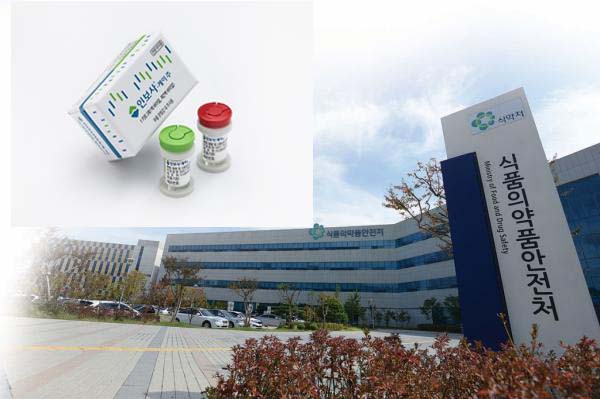The Ministry of Food and Drug Safety said additional material submitted by Kolon Life Science was not convincing enough to clarify how Invossa-K’s cell ingredient was mislabeled.
The ministry said it would have to combine the results of the inspection into Kolon TissueGene in the U.S. and the ministry’s direct analysis of Invossa to find out the details about the mislabeling.

Earlier, the regulator ordered Kolon Life Science to submit a report on how the main ingredient of the second fluid of the osteoarthritis injection was mislabeled and scientific evidence that proves the reasoning by May 14.
However, the additional material lacked evidence to clarify the mislabeling, an official at the food and drug safety ministry said. “Researchers did not write research notes faithfully, and the company submitted just a little bit of them,” the official said.
The ministry expects that Kolon TissueGene in the U.S. will have raw materials because the company was conducting a clinical trial to win approval in the U.S.
A delegation of seven officials of the food and drug safety ministry is inspecting Kolon TissueGene, cell manufacturer Wuxi Apptech, and Thermo Fisher Scientific in the U.S. through Friday.
The inspectors will check when the company first recognized that the ingredient was not cartilage-derived but kidney-derived cells and how it was mislabeled. They will also inspect the data that analyzed the characteristics of the second fluid of Invossa.
The ministry is scheduled to complete the analysis on kidney-derived cells of the second fluid by early next week.
Critics have said the ministry’s short tandem repeat (STR) testing was taking too long. However, a ministry official said an STR testing takes at least two to three weeks, flatly denying that the ministry was responding slowly.
The ministry also plans to do polymerase chain reaction (PCR) testing to detect a gene that exists only in kidney-derived cells among initial cells and check if the distributed drug’s cells in the second fluid had cartilage growth factor. It will also confirm whether radiations on the cells in the second fluid will kill the proliferative capacity.

